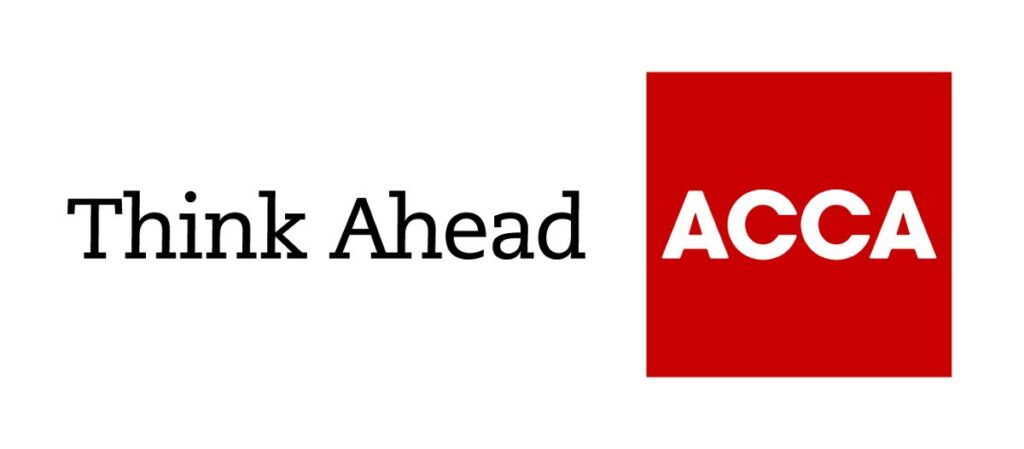Accounting for society’s values

ACCA’s new report shows how sustainable organisations must balance social equity with environmental action.
Businesses around the world have faced existential short-term challenges in recent years, from the pandemic to geopolitical turmoil, but longer-term challenges such as climate change remain a perpetual threat.
Organisations are facing up to the possibility that their future will be unsustainable – and their stakeholders are asking finance professionals and the accountancy profession for increasing amounts of information on how key risks are being addressed.
A new report from ACCA – Accounting for society’s values – explores these questions and more in depth, arguing that organisations need to transition to a sustainable future that embraces economic, environmental and social aspects in combination.
The report notes that much of the debate so far has developed around ESG, but this is only part of the journey towards sustainability.
"The broader story is one of sustainability and a just transition that includes a fair and equitable treatment of those individuals across the value chain," it says.
The report places an emphasis on what it calls the social agenda – a transition to sustainability that balances social equity with environmental action.
The report acknowledges that the social agenda is a complex and broad concept, and that its constituents are difficult to measure. But this, it adds, does not excuse a lack of action.
"As accountancy and finance professionals, we cannot afford to think narrowly," says the report. "The future of our organisations and indeed of our society depends upon the broader view. A failure to grasp this premise will marginalise the contribution that the profession should make to a just transition to a sustainable future."
The social agenda embraces the value chain, and the organisation’s impact on customers and communities. The provision of good jobs that provide emotional as well as financial rewards for individuals, for example, is vital to the development of an equitable society.
The model of the social agenda developed during the report’s formulation, and used as a basis for round table discussions with a wide selection of finance professionals, will apply differently to individual organisations depending on their location and culture, but each component, says the report, requires a focus and a strategy.
This approach emphasises the importance of measuring performance in a wider sense than purely financial terms. The report notes that finance professionals are at the forefront of budgeting and costing decisions that impact all the elements of the social agenda model.
But while finance professionals are, of course, comfortable with discussing economic viability and are becoming more comfortable with environmental protection, the report argues that social equity is yet to be fully embedded into the culture of organisations, supply chains and society as a whole.
For organisations, the report identifies three priorities in moving towards the social agenda:
· Developing its strategy in a way that embraces the social objectives, while mindful of the requirements of various reporting regimes.

· Ensuring that organisational performance is measured in a way that reflects the transition. This means exploring non-traditional data sources that may be more subjective in nature, while applying the appropriate level of control to encourage stakeholder trust.
· Meeting external reporting requirements, not just within the organisation’s four walls, but also along the value chain.
The profession, stresses the report, has the opportunity to take a leading role in driving through the necessary change – and this can benefit the profession as much as it benefits organisations and society.
"For many of those who contributed to this report, having the social agenda at the core of the profession is as much about its own future and attractiveness, as it is about driving towards a sustainable future," it says.
This is an opportunity to define the future role that the profession plays in society, but also one that helps to attract potential recruits by emphasising the value that financial professionals play in society.
The profession’s ethical lens will be essential in building the trust and transparency necessary around both disclosure and decision-making, and finance professionals must not shy away from the responsibility.
"When the music stops the chief financial officer cannot just be the person left holding the issue and leading the necessary actions by default, rather they need to be responsible for it and, in many instances, accountable too," it says.
The report concludes: "A sustainable world is not a luxury, it is a necessity. Whether or not organisations create structural changes in the coming years will depend on the decisions and the investments that they choose to make now and in the near future. Standing still is clearly not an option that we can afford, for the planet or ourselves. Change must happen."
And the extent and nature of this change is partly in the hands of the accountancy and finance profession.
"We are not bystanders. We are key players. Whether in responding to new reporting requirements, or enabling investment decisions, ignorance is not bliss," states the report.
The social agenda is part of what we do and of the future of the profession. Opting out is not an option – engaging is our moral and ethical obligation.


Comments
"Accounting for society’s values"